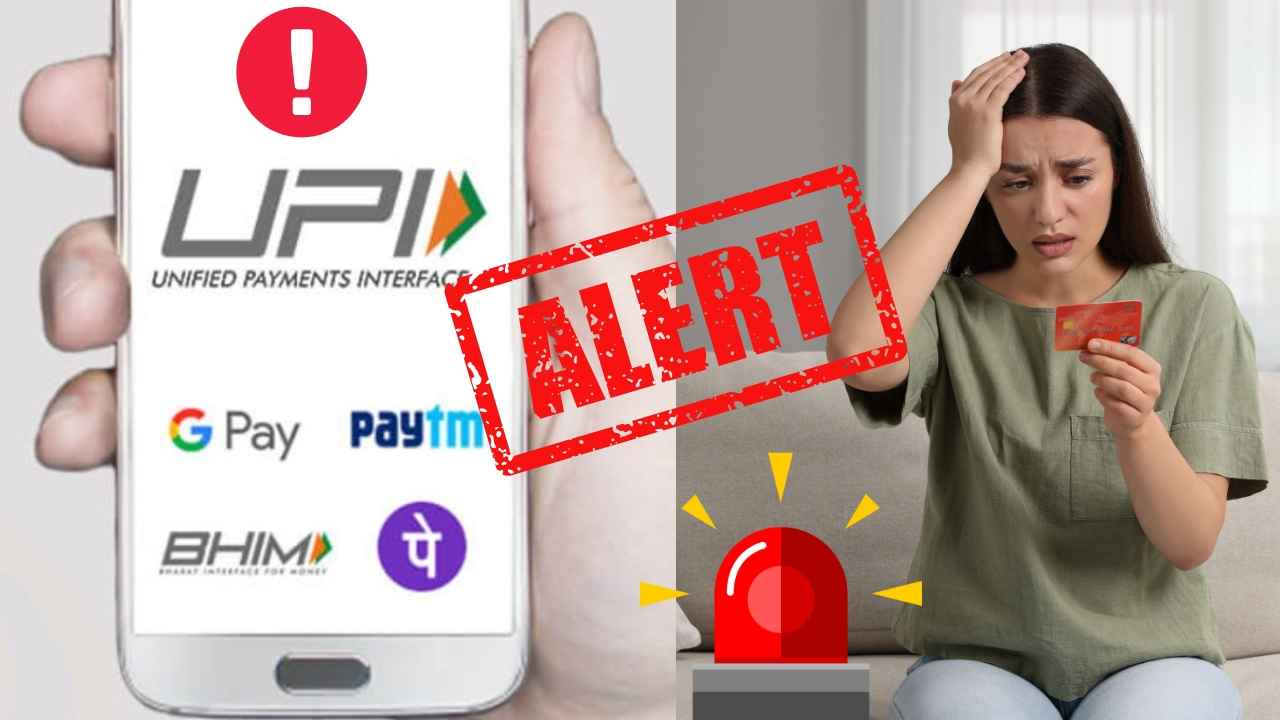
- Home
- Managed Services
- Cyber Security
- Blog
- About Us

We 365 Admin Support, just simplify your IT problems
Call for a free support. +91 96666 59505Platform Partnership
- Who We Help
- Shop
- Contact
- News






IMPORTANT NOTICE
Table of Contents
ToggleUPI Fraud Awareness: The advent of technology has indeed revolutionized communication and online financial transactions, making them remarkably efficient. Numerous UPI applications now enable users to transfer funds in mere seconds. However, with this convenience, opportunistic scammers are perpetually on the lookout for new tactics to exploit unsuspecting individuals. Recently, authorities have alerted the public regarding a new deceitful technique termed the Jumped Deposit Scam, specifically targeting UPI users.
To elucidate, in this scam, fraudsters initiate the scheme by transferring a small amount of money to the victim’s UPI account, thereby attempting to earn their trust. After establishing this false rapport, they go on to dupe the victim into transferring significantly larger amounts. In light of the increasing frequency of such scams, the Tamil Nadu Police have been proactive in issuing a caution for users to remain vigilant. Here’s an overview of how this fraudulent activity typically unfolds.
The mechanics of the scam are fairly straightforward. Scammers usually send a nominal sum of money to the target’s UPI account. Shortly after, they will contact the victim, claiming they mistakenly sent the money and asking for a larger amount to be repaid, often weaving a fabricated story to justify their request. Caught up in the conversation, the victim might check their UPI notifications and then unwittingly click on the payment link provided by the fraudster. In the heat of the moment, they may end up entering their UPI PIN, resulting in a significant financial loss when they realize the amount transferred versus what they retained.
For further information, you can read about related tech updates: Apple iPhone SE 4 launch details and anticipated changes.
If you find yourself receiving calls of this nature, it’s essential to adhere to the following safety measures:
If you come across any dubious calls or messages, report them immediately on the cybercrime portal or to relevant authorities. Being proactive can help mitigate risks and contribute to the greater effort in curtailing these scams.